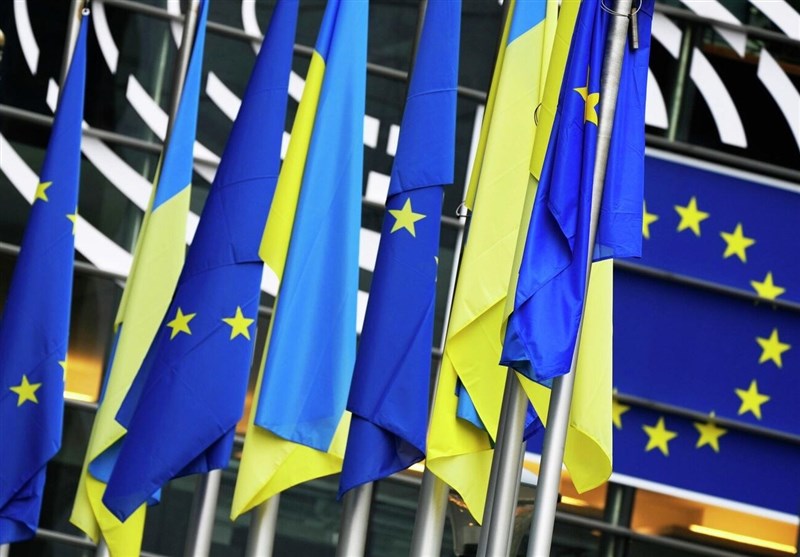Hassan Beheshtipour, in an interview with the website of the Strategic Council on Foreign Relations, said about the European Union’s policy of continuing financial and military support for Ukraine in the war with Russia: Germany, France, and Italy play a decisive role in the continuation of EU policy of political and financial support for Ukraine because other European countries follow their path. At the same time, some European governments are trying to use the existing conditions to favor their national interests, and sometimes we see opposition from some countries. Still, despite these oppositions, the European aid of 50 billion dollars to Ukraine was approved.
Emphasizing that Europe does not support Ukraine because of its hostility with Russia; it supports Ukraine to protect its own security, he stated: Russia’s military aggression against Ukraine endangers the food, nuclear, and military security of the European Union. They believe that if they fail to support Ukraine, countries like Lithuania, Estonia, and Finland will not be safe in the future. They supported Ukraine’s military confrontation with Russia, assuming that Russia would not be satisfied with taking over Ukraine.
Referring to the economic problems of the European Union and the migration of six million Ukrainians to Europe, Beheshtipour said: Although many problems have been created for Europe since the beginning of the war in Ukraine, they did not reconsider their policy of supporting Ukraine, so we are witnessing the continuation of the war in Ukraine. While the European leaders criticize some of Ukraine’s President Zelensky’s behaviors and positions, they have accepted the support of Ukrainian resistance because otherwise, they would have to confront Russia in their capitals. The expert on international issues continued: It is likely that EU aid to Ukraine will continue, but it is unlikely that the type of aid will change from financial and military to sending troops to Ukraine. In practice, if there is no such aid, Ukraine will surrender to Russia; therefore, despite some negative positions from European countries, this aid will continue. In fact, the Europeans are not entering into a direct military war with Russia, especially since Russian officials, including Putin, have recently made it clear that if foreign forces were sent to Ukraine, World War III would break out and that Russia might use nuclear weapons. The EU continues to wage a proxy war to reach a middle ground with Russia.
He emphasized that America will not be satisfied with the end of the Russia-Ukraine war because it is trying to weaken Russia with the sanctions it has imposed against Moscow, so this process will ultimately end in America’s favor.










0 Comments